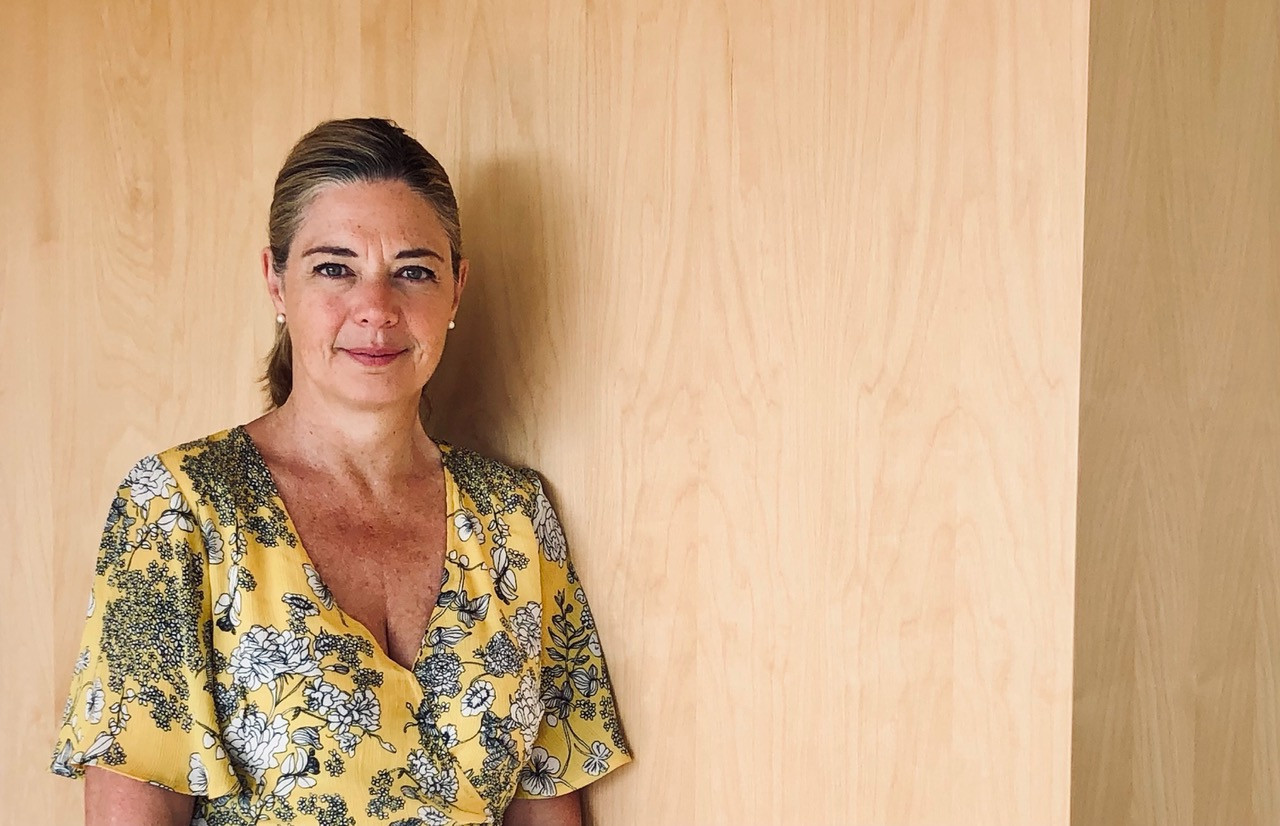The Sommer Foundation is located on the fifth floor of a building on the Côte d'Eich in Luxembourg, with a magnificent view of the city's rooftops. There, Guivarch is beginning to find her feet and "feels stimulated every day by this inspiring perspective".
After working for Handicap International, Guivarch was appointed Director of the Sommer Foundation last June, a job offer that she discovered, like others, on Facebook and that met many of her criteria. "On the eve of my 50th birthday, I was looking for a new direction in my career. For the past eight years I have been working for Handicap International, an association I loved working for and to which I still feel close today. With this opportunity offered to me by the Sommer Foundation, I am moving to the other side of the fence. My role is no longer to collect money to finance projects, but to distribute it while respecting the values defended by the foundation and which I fully share,” explains the new director.
Working for young people
Created in 2016 by , the Sommer Foundation aims to empower children and young people. "The aim is to use culture as a lever to enable young people to find their place in our society, to strengthen their abilities and self-confidence so that they can dare to move forward, to try and develop personally within a group," explains Guivarch.
To achieve this, the Sommer Foundation launches four times a year calls for projects that it finances, often in collaboration with other organisations, such as public institutions or other foundations.
These calls are of three types: educational, cultural pairing and intercultural. The themes selected are diverse and varied, such as the impact of digital technology on our lives, the environment, society, or one's relationship with their body. "These projects give the young participants the opportunity to create their own space, to find their position in relation to others, while being able to express their doubts, fears and hopes," explains Guivarch.
Breaking the mould
The Sommer Foundation's new director was also, for a time, director of the Frontières Festival in Thionville, and then head of the cabinet of Mayor Bertrand Mertz (PS). She now likes to find herself in a position where she can push the envelope and get young people thinking. "I come from the field of social sciences and political sciences. I have always had a strong taste for culture," says Sandrine Guivarch. "Crossing borders, interdisciplinarity, questioning: all these approaches are elements that are familiar to me and I like to accompany this desire to move things forward."
In addition to working with project leaders, the Sommer Foundation has also set itself the goal of working directly with institutions and socio-cultural and educational professionals to ensure that youth empowerment is better integrated into this ecosystem.
For example, the project was set up with the Cape d'Ettelbruck with this in mind, and in the medium term allowed the recruitment of a mediator. "Thanks to this project, which we supported and which evolved over several years, we enabled the Cape to strengthen its capacity to develop. Through this participatory experience, we have demonstrated that hiring an additional person would allow the institution to achieve new goals."
Getting known
From now on, the Sommer Foundation must also work on making itself better known. To this end, it is organising an event on 28 September at Luxembourg's contemporary art museum--Mudam. Without being able to specify how much, Guivarch assures us that "the foundation is sufficiently endowed to develop in the years to come. We also have the capacity to carry out major projects on a multi-year schedule. In 2021, the foundation supported 19 projects. It hopes to have many more or larger projects in the years to come, as well as an open dialogue with institutions to better understand their needs and where the foundation could take direct action to change things.
This story was first published in French on . It has been translated and edited for Delano.
